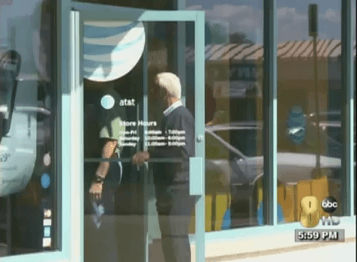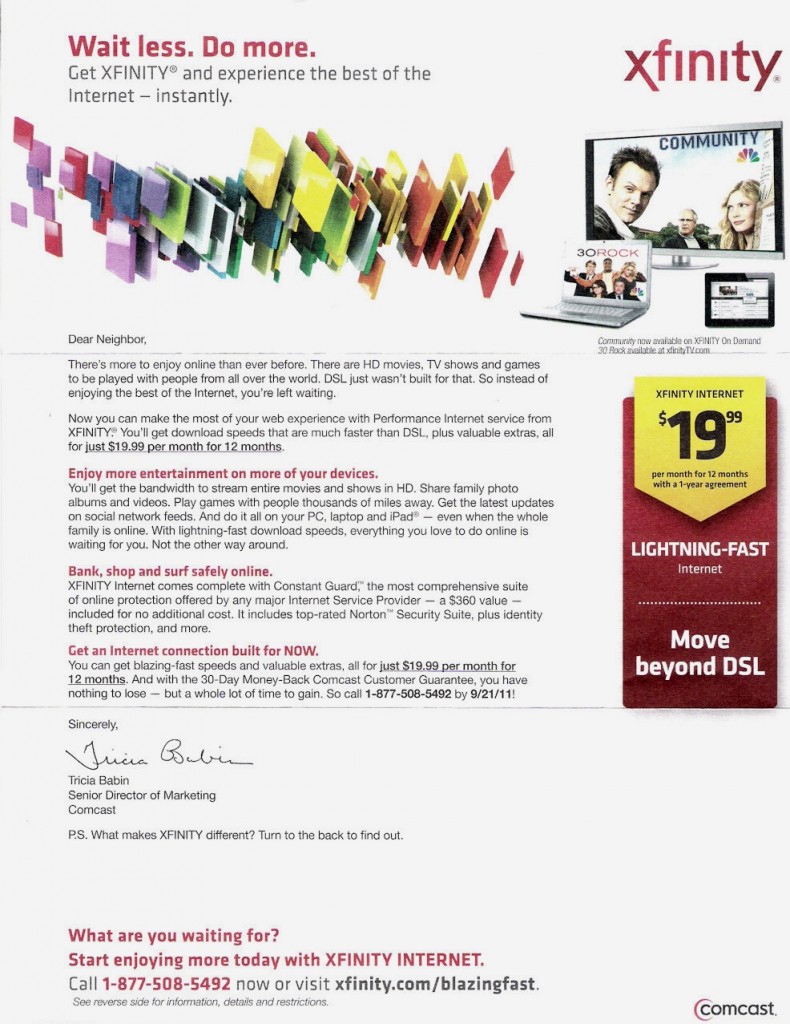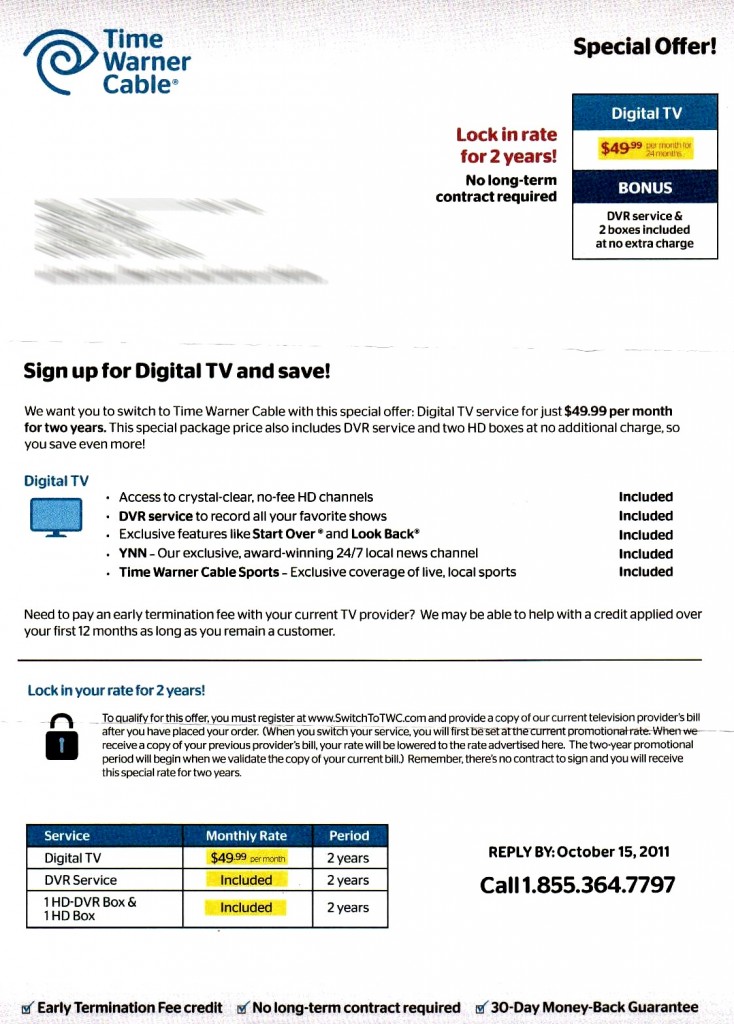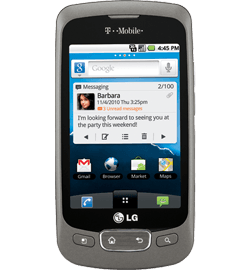 The Florida Attorney General’s office is taking notice of an increasing number of consumer complaints regarding service providers auto-renewing contracts for subscription services without notifying customers in advance.
The Florida Attorney General’s office is taking notice of an increasing number of consumer complaints regarding service providers auto-renewing contracts for subscription services without notifying customers in advance.
Among the worst offenders is satellite radio and Internet streaming provider SiriusXM, which some consumers say is notorious for shady billing and collection policies.
SiriusXM provides free trial service in any new and most used vehicles where receivers come pre-installed. Most dealers activate the service trial for consumers, and pass along the name, address, and phone number of the individual buying the vehicle. Within two weeks, SiriusXM will begin mailing customers invitations to convert their free trial into a paid subscription, usually with a discount offer. Consumers who sign up for promotions like SiriusXM’s “5 months for $25” are invited to charge their subscription with a major credit card over the phone.
That’s where the trouble starts, several customers report.
Unbeknownst to them, SiriusXM will “automatically renew” active subscriptions with a credit card on file for “the convenience of the customer,” once the promotion expires. Customers usually find out when they find a substantial charge on their credit card, often representing the next quarter of service, billed at the regular price of $12.95 per month, plus a “music royalty fee” and any additional state and local taxes.
Some subscribers find even bigger headaches when taking advantage of discounted annual rates that als0 auto-renew. If the subscriber isn’t automatically billed for the renewal on a credit card, they will often find a bill in the mail, along with a fee for mailing the unexpected invoice.
 Getting SiriusXM to cancel surprise bills can become a major headache, and has led to thousands of complaints with the Better Business Bureau. SiriusXM’s overseas call centers can leave customers waiting on hold for more than half an hour, only to be connected with an English-challenged, uncooperative customer service agent that refuses to waive unexpected charges.
Getting SiriusXM to cancel surprise bills can become a major headache, and has led to thousands of complaints with the Better Business Bureau. SiriusXM’s overseas call centers can leave customers waiting on hold for more than half an hour, only to be connected with an English-challenged, uncooperative customer service agent that refuses to waive unexpected charges.
To be fair, SiriusXM’s subscriber agreement provides warnings that canceling service requires more than ignoring a billing statement. Service will continue (along with billing) for up to three months before the service is suspended and the account is turned over to collections. Consumers should not consider -any- SiriusXM plan or promotion a one-time, non-renewing offer. Every promotion we’ve encountered will end with an account converted to regular price service.
Florida state law requires providers like cable, satellite, and phone companies to warn subscribers at least 30 days in advance of any scheduled automatic renewal of a contract. The law gives consumers time to opt out before they find themselves committed to a service they no longer want. But many customers accuse SiriusXM of ignoring the law, and the first indication the radio service has been renewed arrives in the form of a bill.
Coping with the third party collection agency SiriusXM uses can be even more difficult than dealing with the company directly, according to several complaints.
Customers who have filed complaints with the BBB report the company usually bends to customer demands at that point.
We have had some long-standing experience dealing with SiriusXM customer service ourselves. Here are some tips:
 Don’t give them a credit card number over the phone. Tell them to send you a bill in the mail and you will write them a check. You can make a “one-time” credit card payment on their website that has never resulted in auto-payments for us. Most of the automatically-renewing charges we’ve encountered came from overzealous telephone customer service representatives enrolling us in the “auto-payment” service without our authorization.
Don’t give them a credit card number over the phone. Tell them to send you a bill in the mail and you will write them a check. You can make a “one-time” credit card payment on their website that has never resulted in auto-payments for us. Most of the automatically-renewing charges we’ve encountered came from overzealous telephone customer service representatives enrolling us in the “auto-payment” service without our authorization.- You almost never have to pay regular SiriusXM prices. Their retention offers can be renewed over and over again just by telling them the regular price is too high. But retention plans do not include “best of” channels from the sister provider (Sirius customers can get certain XM channels and vice-versa). Routine promotions these days are 5 months for $25 or a year for $77 if you don’t want the hassle of calling every five months to renew your retention deal. Either is much better than $12.95 a month.
- Although getting “late fees” and “paper billing fees” waived is easy, getting the bill-padding “music royalty fee” forgiven is not. But you can try.
- The “lifetime” promotion only covers the life of the receiver (or your automobile). It’s not a good deal.
- When you sign up for a promotion, use a calendar application to start reminding you 30 days before it expires so you can call and extend it. If your promotion expires, you will be billed regular prices and it is a major hassle to get them to waive or discount those charges in-between promotions.
- If you want to listen to the music channels on offer from SiriusXM these days, you can sample them for free using their streaming service.
SiriusXM recently announced they intend to raise their monthly subscription price to $14.49 in January — just another reason not to pay the regular price.
[flv width=”360″ height=”290″]http://www.phillipdampier.com/video/WFTS Tampa Satellite radio irks some customers 9-19-11.mp4[/flv]
WFTS-TV in Tampa reports on increasing complaints about SiriusXM’s billing and auto-renewal practices. (4 minutes)


 Subscribe
Subscribe




